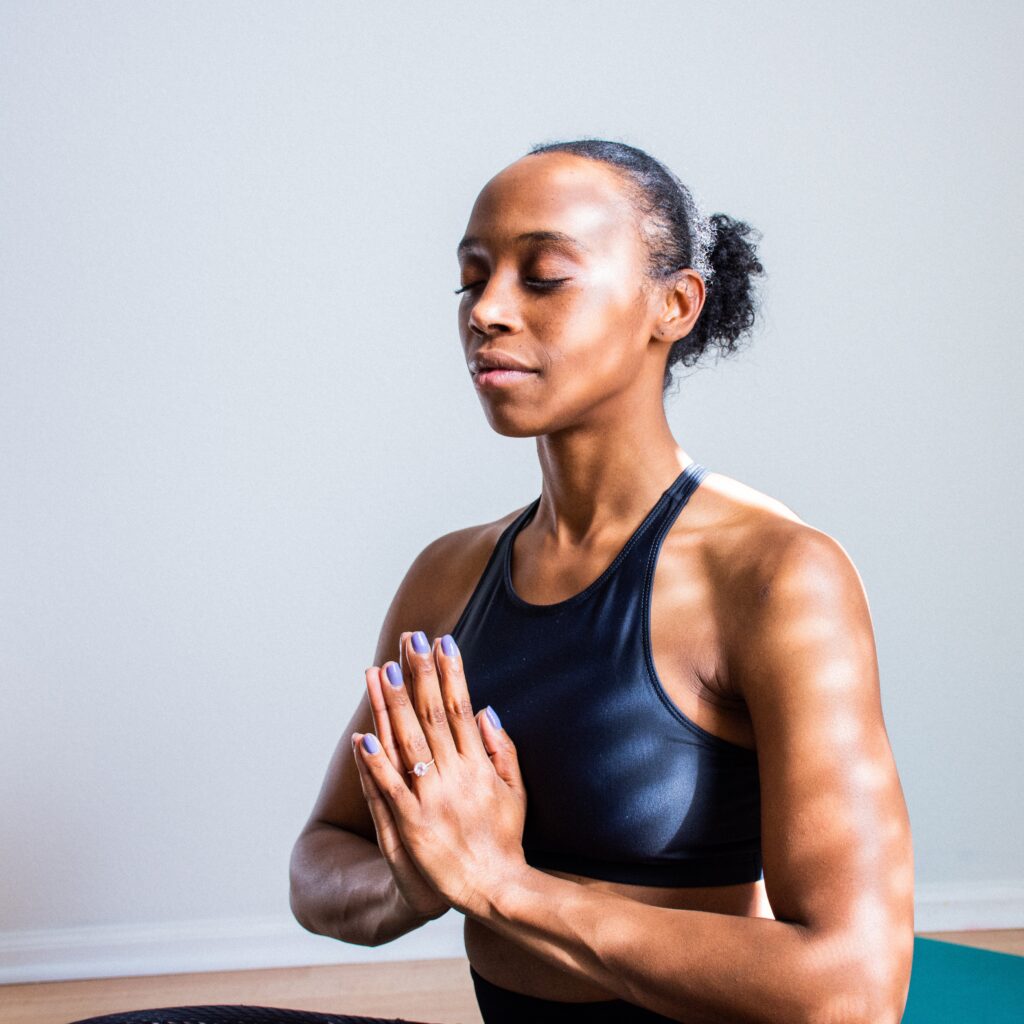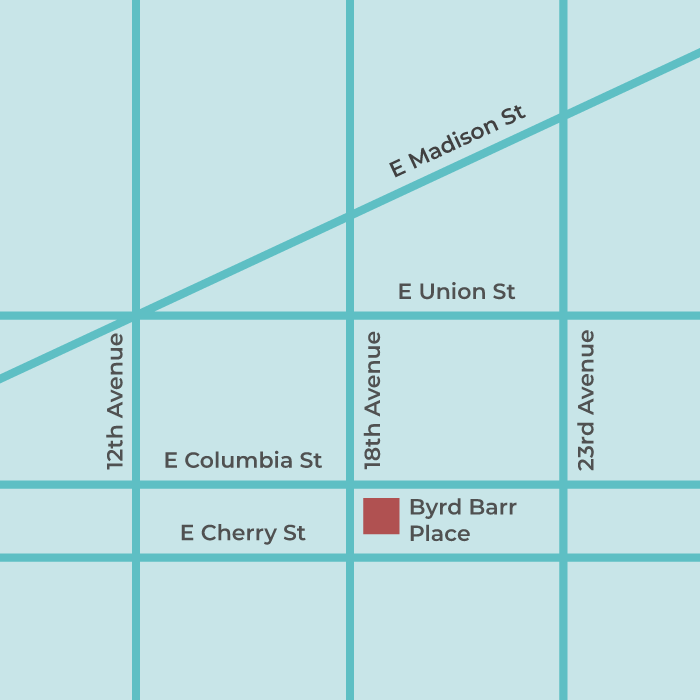Photo by Madison Lavern on Unsplash
“Caring for [ourselves] is not self indulgence.
It is self-preservation, and that is an act of political warfare.”
-Audre Lorde
To be whole, healed and in community is central to Black liberation. White supremacy and capitalism exist in direct opposition to our well-being, and in our struggle for freedom and brighter futures, Audre Lorde reminds us that our fiercest battles are often silent, invisible and deeply internal.
Bringing light and solidarity to this inner work requires us to see ourselves and one another differently — as profoundly human, vulnerable and worthy of care. This is particularly true as we face external forces that seek to deny our humanity and in so doing, attempt to disfigure our very souls.
The cost of this violence on our inner worlds is immense. A recent study by the University of Cincinnati College of Medicine revealed that Black children as young as 4 years old begin to experience race-based traumatic stress. As these children grow and endure direct racial hostility, they are also inundated with vicarious racism — the constant exposure to racialized violence via the news and social media. Research suggests this results in greater symptoms of depression and anxiety, and is heavily correlated with the shocking rise in suicidality in Black teens. A Center for Disease Control and Prevention survey found that 22% of Black youth had considered suicide in the past year. For Black youth who are also LGBTQ+ that number was 44%, according to the Trevor Project.
Traditional psychology and psychiatry are not equipped to handle these realities and, in fact, have historically been primary instigators of harm through pathologizing Black peoples’ natural responses to the world we inhabit. The denigration of the mental health of Black people has been constant. In the 1850s physician Samuel Carwright coined the term “drapetomania” to describe what he saw as the mental illness driving enslaved Africans to escape. In the 1960s the theory of “protest psychosis” was deployed against Black men who participated in the civil rights movement. In the present day, “angry Black woman” tropes invisibilize the depression and anxiety Black women experience.
Yet, side-by-side to these horrifying facts and figures are the generations of community interventions that Black folks have employed to care for themselves and their loved ones. Finding solace in faith and community, to creating beautiful art and cultural expression, to the small but growing number of Black therapists and psychologists bringing trauma informed and culturally competent care to their communities, there has never been a moment where we have left the gardens of our psyches unprotected.
All across the country are a growing number of mental health organizations that are tailored to specifically serve the Black community. The Black Mental Health Alliance is one such organization dedicated to improving the mental health and well-being of Black individuals and communities. They offer counseling services, educational workshops, support groups and community outreach programs. The Black Emotional and Mental Health Collective also serves as a national resource hub for Black people seeking mental health support. Local resources include Healthy Black Minds, an initiative of the Urban League of Metropolitan Seattle, Byrd Barr Place’s recent mental health awareness workshop with Richard Taylor and more.
The words of Audre Lorde serve as a sober reminder of the task at hand. Self and community care is a matter of survival, and to survive in a system so invested in our demise is deep and righteous rebellion. To then be so audacious as to thrive? That is nothing short of radical revolution.


